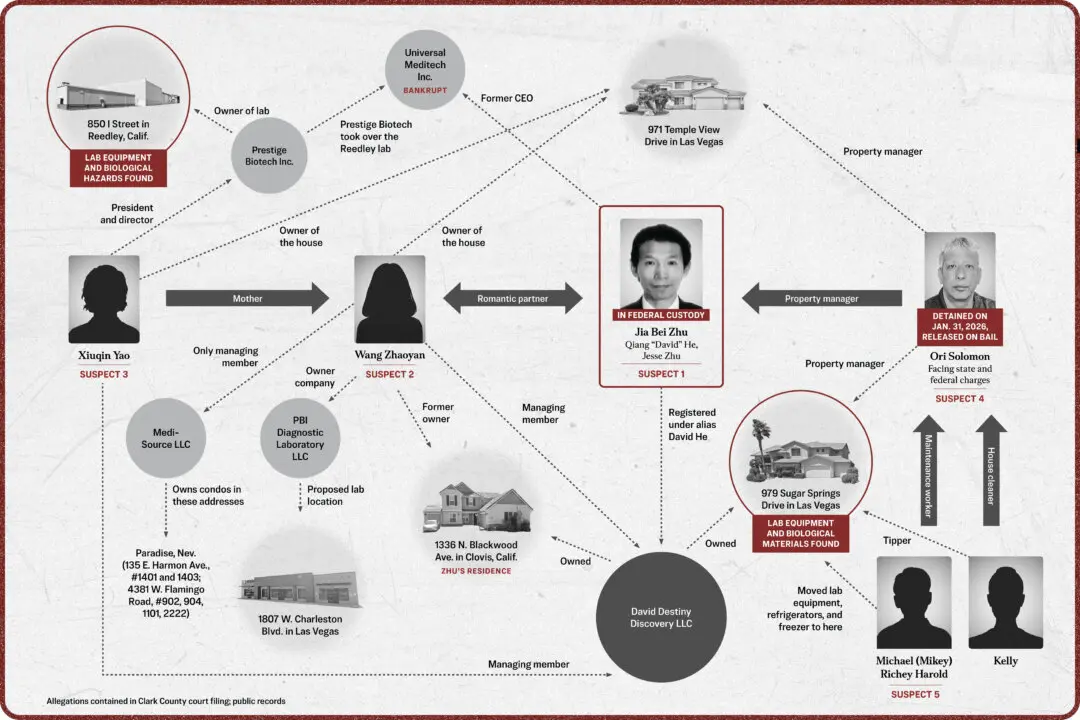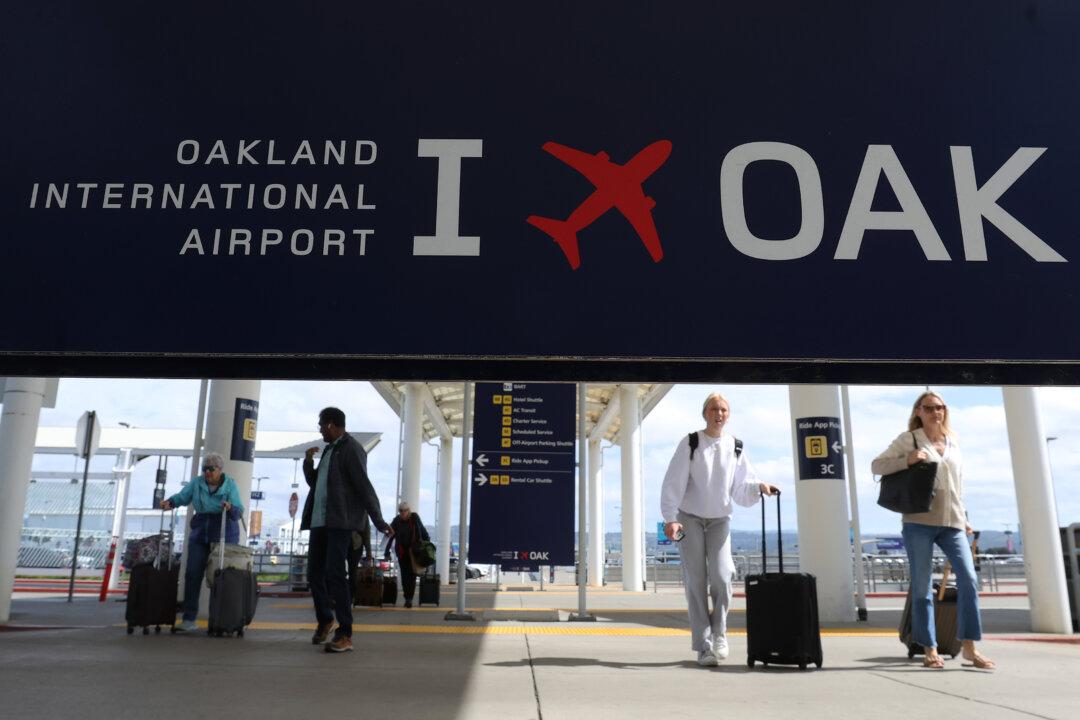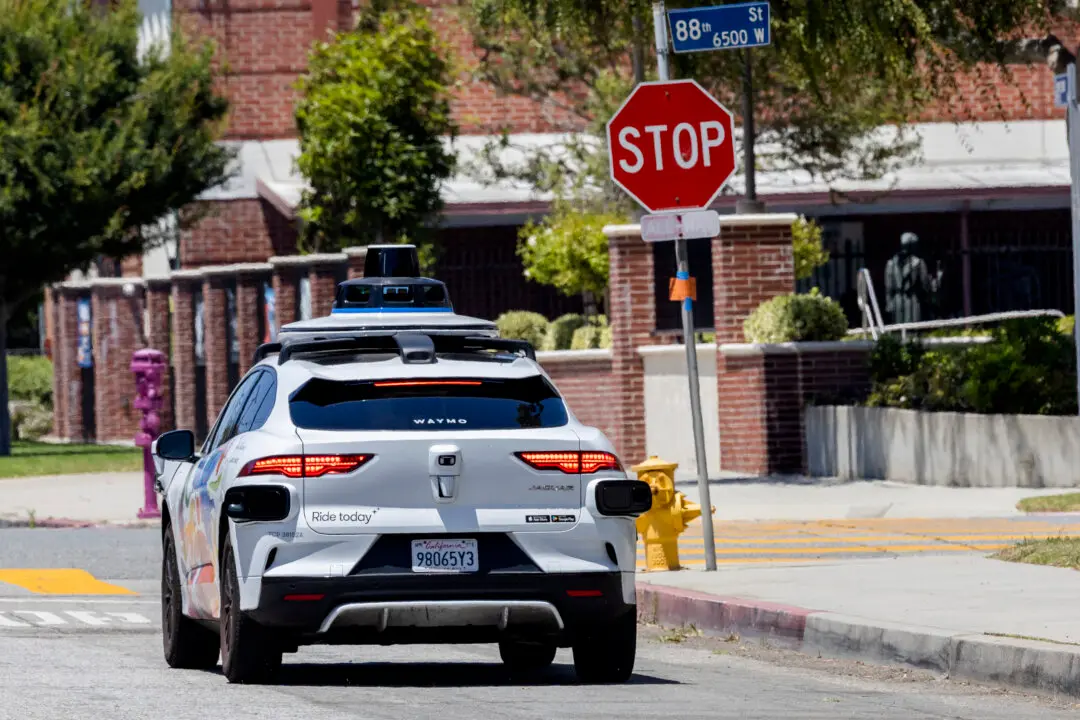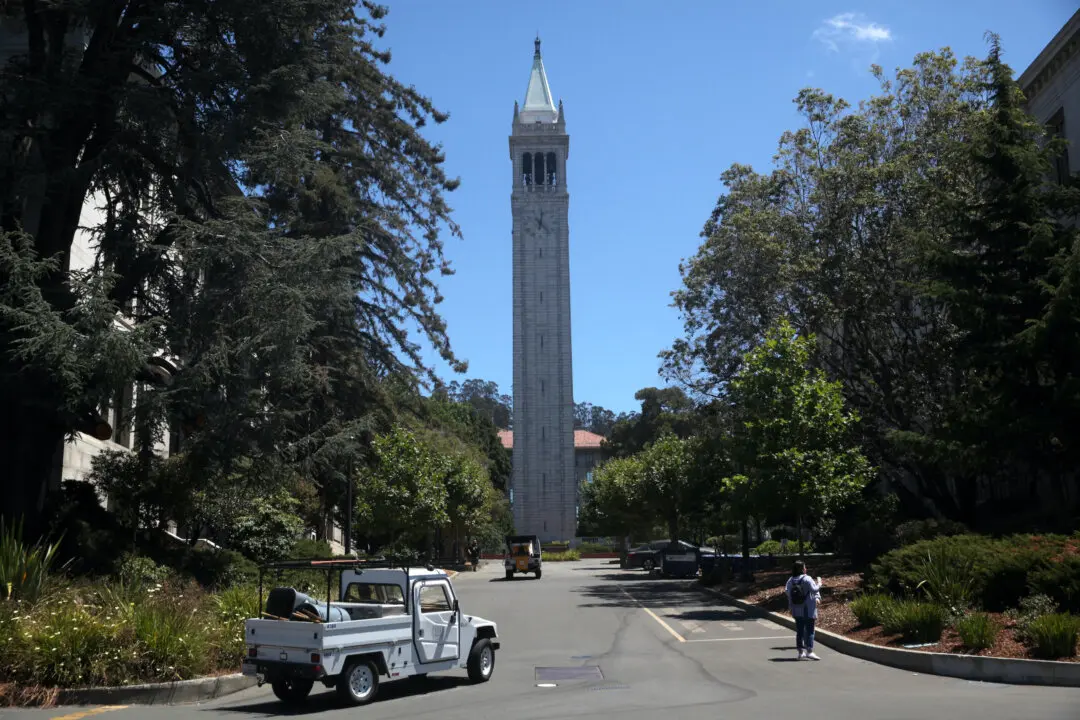SAN FRANCISCO—Homeless people in San Francisco are adapting to the city’s new encampment sweeping policy, which was enacted after a recent Ninth Circuit ruling paved the way for the city to clear out homeless camps.
Previously, the city had to offer shelter to the homeless individuals every time it swept out a camp. After the new ruling, it can clear a recently swept area without shelter offers.





